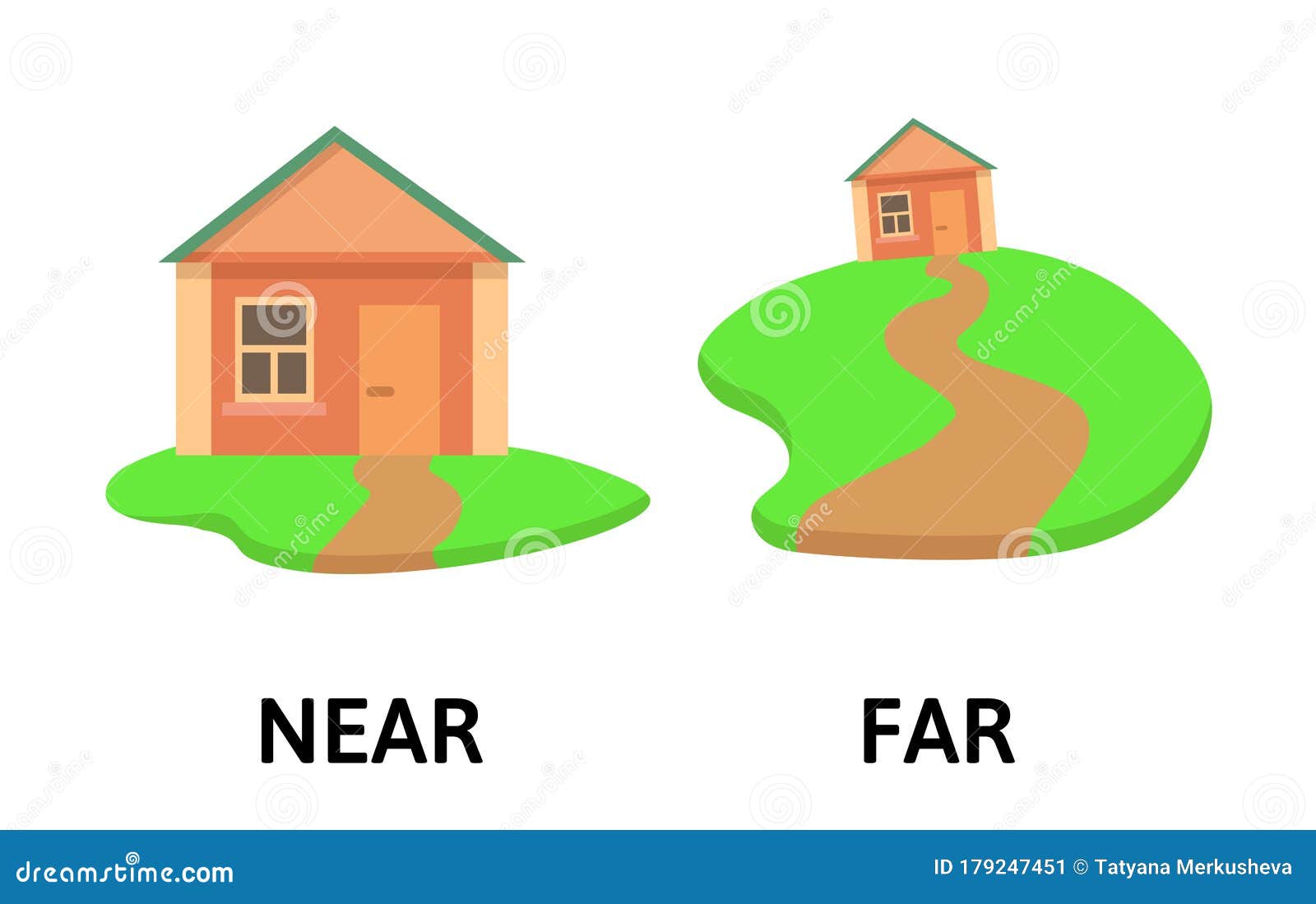The Queen of Versailles, a documentary film that premiered in 2012, offers a fascinating glimpse into the lives of Jackie and David Siegel, a wealthy American couple who embarked on an ambitious project to build the largest and most extravagant house in America, modeled after the Palace of Versailles. The film, directed by Lauren Greenfield, started as a chronicle of their luxurious lifestyle and the construction of their 90,000-square-foot dream home but evolved into a thought-provoking exploration of the human condition, wealth, and the American Dream, set against the backdrop of the 2008 financial crisis.
At the heart of the documentary are Jackie and David Siegel, who, at the time, were living in a 26,000-square-foot mansion in Orlando, Florida. David, the founder of Westgate Resorts, a timeshare company, had amassed a significant fortune, which enabled the couple to indulge in their lavish lifestyle. Jackie, a former beauty queen and model, was the matriarch of the family, managing the household and raising their seven children, alongside her husband’s business associates and a small army of nannies and staff.
As the documentary begins, the Siegels are depicted in all their opulence, showcasing their incredible wealth, from private jets and luxury cars to lavish parties and no-expense-spared vacations. Their ambition to build a house inspired by the Palace of Versailles, complete with a baseball field, a health spa, and a private movie theater, among other extravagant features, is presented as the epitome of the American Dream—a dream that they, through hard work and entrepreneurial spirit, have managed to achieve.
However, the 2008 financial crisis drastically alters the trajectory of the film. The economic downturn severely impacts David’s timeshare business, leading to financial instability and forcing the family to confront the reality of their situation. The construction of their dream home comes to a halt, and the family is compelled to downsize their lifestyle, leading to a series of poignant and insightful moments that reveal the complexities of wealth, privilege, and the pursuit of happiness.
One of the most compelling aspects of “The Queen of Versailles” is its portrayal of the human side of wealth. The documentary doesn’t shy away from depicting the excesses of the wealthy, but it also humanizes its subjects, showcasing their vulnerabilities, desires, and fears. Jackie, in particular, emerges as a complex figure, navigating the challenges of her family’s situation with a mix of stoicism, humor, and pathos. Her story serves as a powerful commentary on the roles women play in maintaining family stability and the often-underappreciated work of being a full-time mother and partner.
The documentary also explores the psychological effects of sudden financial uncertainty on individuals who have never had to worry about money. The Siegels’ daughters, for instance, grapple with the idea of not being able to afford the lifestyle they’ve grown accustomed to, highlighting the challenges of raising children in an environment of immense wealth and the difficulties of teaching them the value of money and hard work.
Furthermore, “The Queen of Versailles” touches on the theme of social comparison and how external validation through material possessions can influence one’s sense of self-worth. The Siegels’ attempt to build a house that outdoes all others serves as a metaphor for the broader societal pressure to keep up appearances and measure success by material achievements.
The film’s ability to balance humor, empathy, and critique makes it a compelling watch. It avoids the pitfall of merely ridiculing the wealthy or romanticizing their lifestyle, instead offering a nuanced portrayal that invites viewers to reflect on their own values and aspirations. Through the lens of the Siegel family’s story, “The Queen of Versailles” prompts a conversation about the nature of the American Dream, questioning whether the pursuit of wealth and status is truly synonymous with happiness and fulfillment.
In conclusion, “The Queen of Versailles” is a documentary that transcends its initial premise, evolving into a rich tapestry of insights into human nature, wealth, and the pursuit of happiness. It is a film that challenges its viewers to consider what truly matters in life, whether the extravagant mansion, symbol of the ultimate achievement, brings the satisfaction and joy one expects. As the Siegels navigate their changed circumstances, they, and the audience, are left to ponder the enduring question of what constitutes the real American Dream.
The story of the Siegels and their quest for the ultimate symbol of wealth and status—the mansion inspired by the Palace of Versailles—serves as a mirror to society, reflecting back our collective values, aspirations, and sometimes, our excesses. It invites viewers to reflect on their own priorities and what they consider essential for a fulfilling life, making “The Queen of Versailles” not just a documentary about wealth, but a profound exploration of the human experience.
What is the main theme of “The Queen of Versailles” documentary?
+The main theme of “The Queen of Versailles” is the exploration of the American Dream, wealth, and the pursuit of happiness, as seen through the lives of the Siegel family and their ambitious project to build a mansion inspired by the Palace of Versailles.
How does the 2008 financial crisis impact the Siegel family in the documentary?
+The 2008 financial crisis significantly impacts the Siegel family by affecting David’s timeshare business, leading to financial instability and forcing the family to downsize their lifestyle and halt the construction of their dream home.
What message does “The Queen of Versailles” convey about wealth and happiness?
+The documentary conveys that wealth, while it can provide comfort and opportunities, does not necessarily guarantee happiness or fulfillment. It prompts viewers to question what truly constitutes the American Dream and what brings satisfaction and joy in life.


